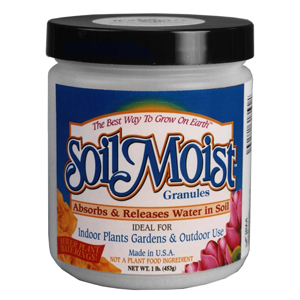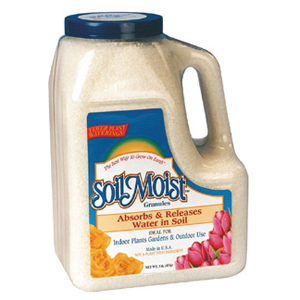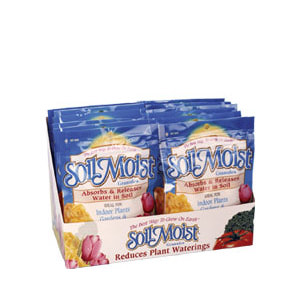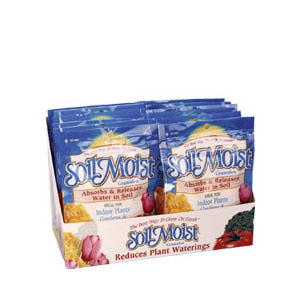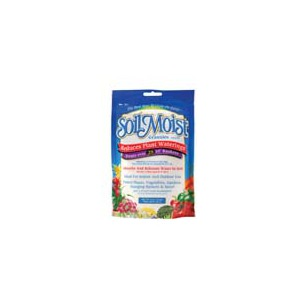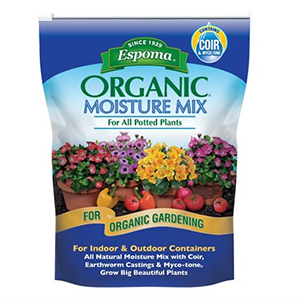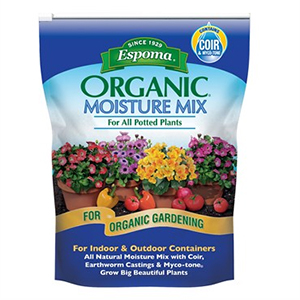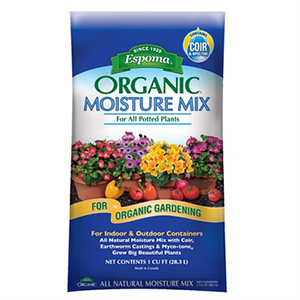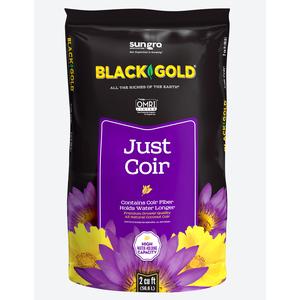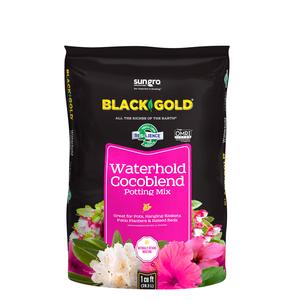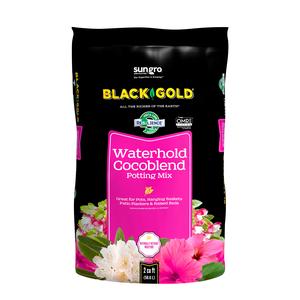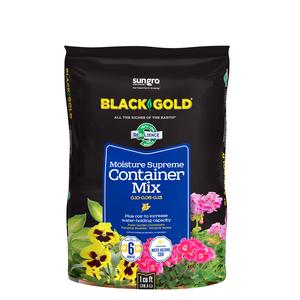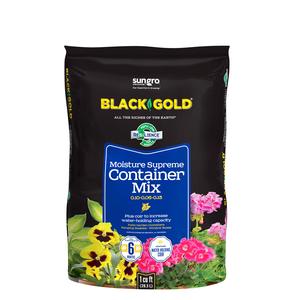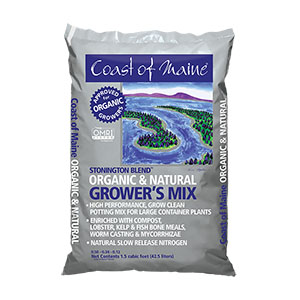Plants need food, protection and, most of all, water! Wilted, moisture-deprived plants may not be the first thing that comes to mind in April, but if you experienced the intense heat from last August (one of the hottest months on record!), you’ll read on.
Our retail efforts
to sell plants to consumers in spring often don’t include tips for survival or
maintenance of the plant for the duration of the season. Plant labels clearly
state whether the plant requires sun or shade conditions, and occasionally
mention keeping the soil moist. Some flowers and plants, however, drink more
than their share of water during periods of high heat! We can combat those
issues, and set our customers up for long-term success, if we’re proactive
sellers in early spring.
Consumers
wonder why curbside trees show lavish growth and new leaves in spring only to
dry up and wither later on. Knowing the conditions, the type of tree root
system and its planting location, we can determine that the tree is likely
growing faster than its root system can support. Once a tree fully flushes out
in leaves, it requires a lot of moisture to maintain its health. When planted
in clay soil, near a super-heated asphalt road surface, one can only imagine
how that tree could survive! Some don’t.
The tell-tale
signs of tree roots being restricted appear when root systems change direction in
search of moisture, sometimes undermining sidewalks and
creating surface roots. Most of the moisture is used up quickly by the lower
branches and never reaches the top portions of the tree.
We’ve all
experienced the temptation to cut corners when cooking up our favorite recipe, in
the interest of finishing faster or maybe dirtying a few less dishes. Why would
we want to cut corners on something a lot more expensive than a meal, like a
tree or shrub? The most basic task of good planting success is simply adding
water. This, too, can be a consumer challenge. Remember: Where there’s a consumer
challenge, there’s a retailer opportunity!
The top-selling
product sold at retail, besides plants of course, is bagged soil or potting
media. Yet many consumers skip this important step in their purchases. And many
have buyer’s remorse when they fail to keep their plants alive. Is it safe to
assume that everyone knows how to plant anything these days?
Our biggest
challenge in retail is to communicate what our customers need to be successful.
Selling a bag of soil should be easy to do with almost every plant transaction.
What’s in the bag can be the difference between success and failure. It can
keep the consumer’s plant supplied with key nutrients, and help it to retain
all-important moisture.
The
ingredients in a media mix vary from peat, topsoil, humus, compost, coir,
manure, kelp, crab or lobster shells, dried meals, castings, root stimulants
and even moisture-control agents like a polymer. How do we lead our customers
to the correct product?
It’s not
about price. The cheapest product usually has the cheapest content. If you feel
it’s enough to get the job done, then you believe we all should be driving a Fiat.
It gets the job done. Instead, our motivation is to offer a soil that meets certain
performance criteria.
Growers
choose professional media to produce great results. Retailers should be
offering (and recommending) performance and value-added potting media along
with their plant and pottery selections. Unless you can successfully predict
the weather, it’s best to plan ahead for water management. Sun Gro manufactures
several great options for moisture-control media. The new Black Gold package label clearly
states features and uses from the retail shelf. Each product has different
characteristics for specific applications, making it easy to stage and sell in
your store.
Today’s
polymers are water-holding crystals that store hundreds of times their weight
in water, releasing the water as the soil and plant demand moisture uptake. Polymers
aid to reduce watering, limit transplanting shock and minimize soil compaction
when used according to the label instructions. When planting directly into the
soil, polymers will last several years and are a favorite of landscape
professionals.
You may offer
your customers a variety of polymer products from granules, pouches, spikes, mats,
infused soil mixtures (sold with and without fertilizers) and mycorrhizae, too!
The leading manufacturer is JRM Chemical, which sells Soil Moist brand products. If you’ve ever experienced a drought
before, you’ll appreciate the value of teaching consumers to plan ahead at the time of planting their flowers, roses,
trees and shrubs.
If your
customers are starved for time and can’t water their baskets, window boxes and
containers, a premium potting soil with these moisture-retentive crystals or
premium coir should stand proudly in your pottery department as a
recommendation to be used at the time of planting. Your simple store sign of “We
Recommend” should create more selling opportunities at a higher ticket than you
may realize.
Don’t wait to
promote good planting success until the summer heat arrives. It’s just a matter
of time before it’s too late: Plant me correctly now, or pay to plant me again
later.


